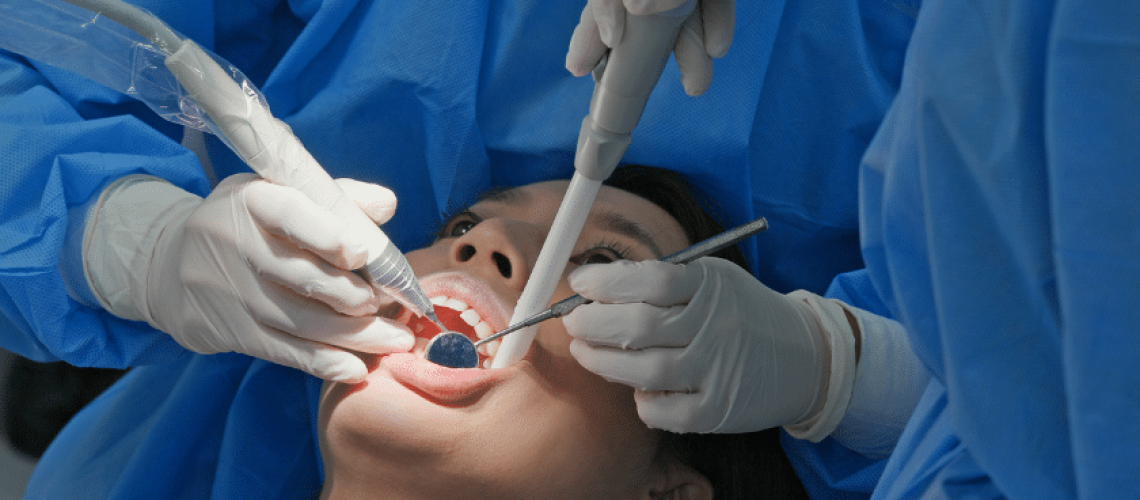Oral surgery encompasses a range of procedures aimed at resolving issues concerning the mouth, teeth, and jaw. While some may have heard of root canals or wisdom teeth extractions, there are numerous other procedures that fall under the umbrella of oral surgery. Understanding these procedures, their benefits, and what to expect can help alleviate any anxiety and promote a smoother recovery. This blog post aims to delve into some common oral surgery procedures and shed light on what patients can expect during and after these surgeries.
Root Canal
Root canal therapy, also known as endodontic therapy, is a procedure performed to save a tooth that is infected or decayed. During a root canal, the nerve and pulp are removed, and the inside of the tooth is cleaned and sealed. Contrary to popular belief, root canals are not painful; in fact, they are designed to relieve the pain associated with infected or decayed teeth. After the procedure, patients are usually prescribed antibiotics and pain medication, and a follow-up appointment is scheduled to ensure the tooth is healing properly.
Wisdom Tooth Extraction
Wisdom teeth, or third molars, are the last teeth to emerge in the mouth, usually in late adolescence or early adulthood. Due to their location at the back of the mouth, they can become impacted, meaning they do not have enough space to emerge properly. This can lead to pain, swelling, and infection. In such cases, a wisdom tooth extraction may be necessary. During the procedure, the tooth is removed from the jawbone and gums. Afterward, patients may experience some discomfort, swelling, and bleeding, but these symptoms should subside within a few days. It is important to follow post-operative care instructions to ensure proper healing.
Dental Implants
Dental implants are artificial tooth roots that are placed in the jawbone to support replacement teeth, such as crowns or dentures. They are an ideal solution for those who have lost teeth due to injury, decay, or other reasons. The implant itself is a small titanium post that is surgically placed into the jawbone. Over time, the bone fuses with the implant, providing a stable foundation for the replacement tooth. The procedure requires multiple visits, and patients may experience some discomfort and swelling afterward. However, the result is a natural-looking and durable solution for missing teeth.
Jaw Surgery
Jaw surgery, also known as orthognathic surgery, is performed to correct irregularities in the jawbone, such as misalignments or defects. It may be necessary for those with difficulty chewing, breathing, or speaking due to jaw abnormalities. The surgery involves repositioning the jawbones to improve their alignment and function. Patients may experience swelling, bruising, and discomfort following the procedure, but these symptoms should subside within a few weeks. Afterward, patients may need to follow a special diet and practice good oral hygiene to aid in the healing process.
Bone Grafting
Bone grafting is a procedure used to rebuild bone in the jaw that has been lost due to injury, infection, or disease. It is often performed in preparation for dental implants or to improve the structure of the jawbone. During the procedure, bone from another part of the body or a synthetic material is placed in the area where bone loss has occurred. Over time, the bone graft fuses with the existing bone, creating a stronger foundation for dental implants or other treatments. Patients may experience some discomfort and swelling after the procedure, but these symptoms should subside within a few days. It is important to follow post-operative care instructions to ensure proper healing.
In conclusion, oral surgery encompasses a variety of procedures aimed at addressing issues related to the mouth, teeth, and jaw. Understanding these procedures, their benefits, and what to expect can help alleviate anxiety and promote a smoother recovery. Whether it is a root canal, wisdom tooth extraction, dental implant, jaw surgery, or bone grafting, patients should communicate openly with their oral surgeon and follow post-operative care instructions to achieve the best possible outcome.

